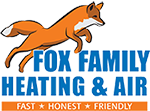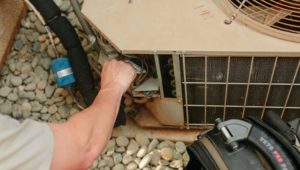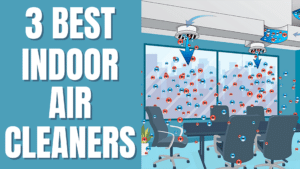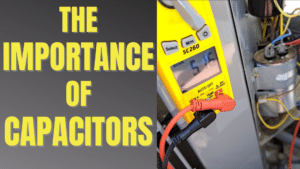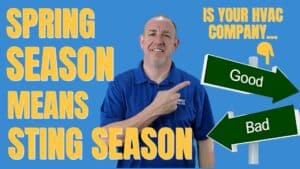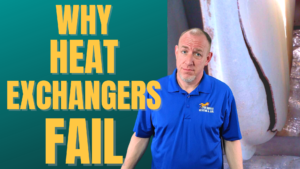Filtration standards keep increasing as today’s building and energy codes update their requirements every three years. The 2019 codes that went into effect on January 1st, 2020, mandate that new construction homes have HVAC systems that use MERV 13 air filters. What is MERV? Simply put, it’s the size of the pores in your air filters you change out every three months or so.
To give you an example, when you go down the aisle where the filters are at the hardware store, you see a relatively wide selection of filters. Some have a see-through green mesh, some have pleated white paper-like filters, and other premium filters incorporate elements like charcoal to absorb odors, etc. Typically the more expensive these filters get, the higher the MERV rating because the ability to catch smaller particles increases with more restriction (smaller holes for the air to pass through).
MERV 13 Air Filters Side Effects
So, great, I’ve always wanted my indoor air quality to be better, so thankfully, the requirements for air filters have increased! There will be fewer particles in the air for my family and me to breathe in. Yes, you will have that, but what are the side effects that come along with increasing the restrictions through your air filters?
First, you’re increasing resistance to the airflow to your system, which is trying to throw a certain amount of air to all of your rooms. That doesn’t sound good. The system will try harder to throw that air into your duct system and on to your room. That really affects the airflow in your duct system. It also increases energy usage since the motor delivering the air has to ramp up even more to do its job.
MERV 13 Air Filters Can Lead to Frozen Cold Coils
Another unintended effect of this lowered airflow is on the refrigeration side. Your air conditioner has a hot coil outside, the condenser, and a cold coil at the air handler inside. This cold coil has a specific preferred operating temperature. That temperature is based on a certain amount of warm air flowing across that coil and the refrigerant running through the copper tubing of that coil. With a higher MERV filter reducing the airflow through this crucial part of the air conditioning system, the cold coil can eventually freeze up into an ice ball, restricting airflow altogether. Without elaborating, this causes more expensive problems at the outdoor condenser coil.
A Hot Heat Exchanger and Tubing
In the heating season, the firebox or heat exchanger can overheat so much that it cracks open. The firebox is a hollow metal cabinet or set of tubes that keep the spent gasses from the flame inside of it. The heat carried inside the tubes or cabinet stays inside too. The blower sends air across the hot heat exchanger sending the warmed air into the ducts that lead to your rooms.
Just like the cold air conditioner coil, the heating season firebox also operates at a set temperature. If the air moving across it slows down, the cabinet or tubing will heat up too much. After thousands of times across the lifespan of your system, this process can diminish its lifespan. It can also increase the chances that occupants of the house are exposed to gasses that are intended to remain inside the hot tubing. If the tubing has cracks in it, then exposure is likely.
Check With Your HVAC Expert
The fix to all of this is to make sure you have enough return air to the system. If we choke the air to the system, we can end up with all kinds of problems. If you’re going to start using a higher MERV filter, check with your local HVAC company and let them evaluate whether you have enough surface area in your return grilles.
Check The Boxes
Good luck with your decision to use higher MERV filters in the future. They certainly aren’t a bad thing. Reducing the number of dirty particles for the air in your home is a very common request. It’s just important to make sure the rest of your system is set up to handle the increased restriction the filters create.
Thanks so much for watching and we’ll see you on the next blog post.
Don’t miss our video related to this topic:

